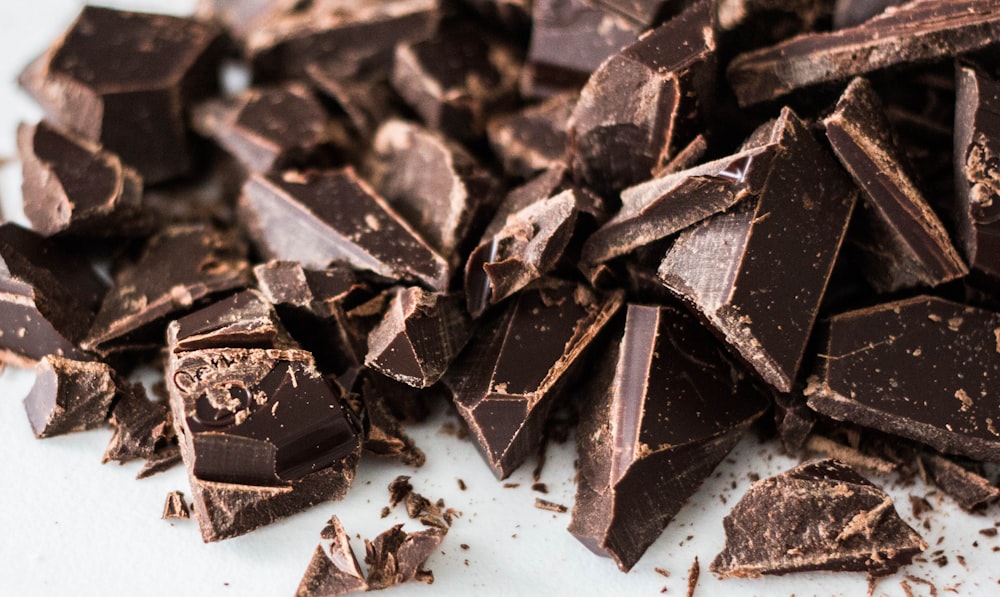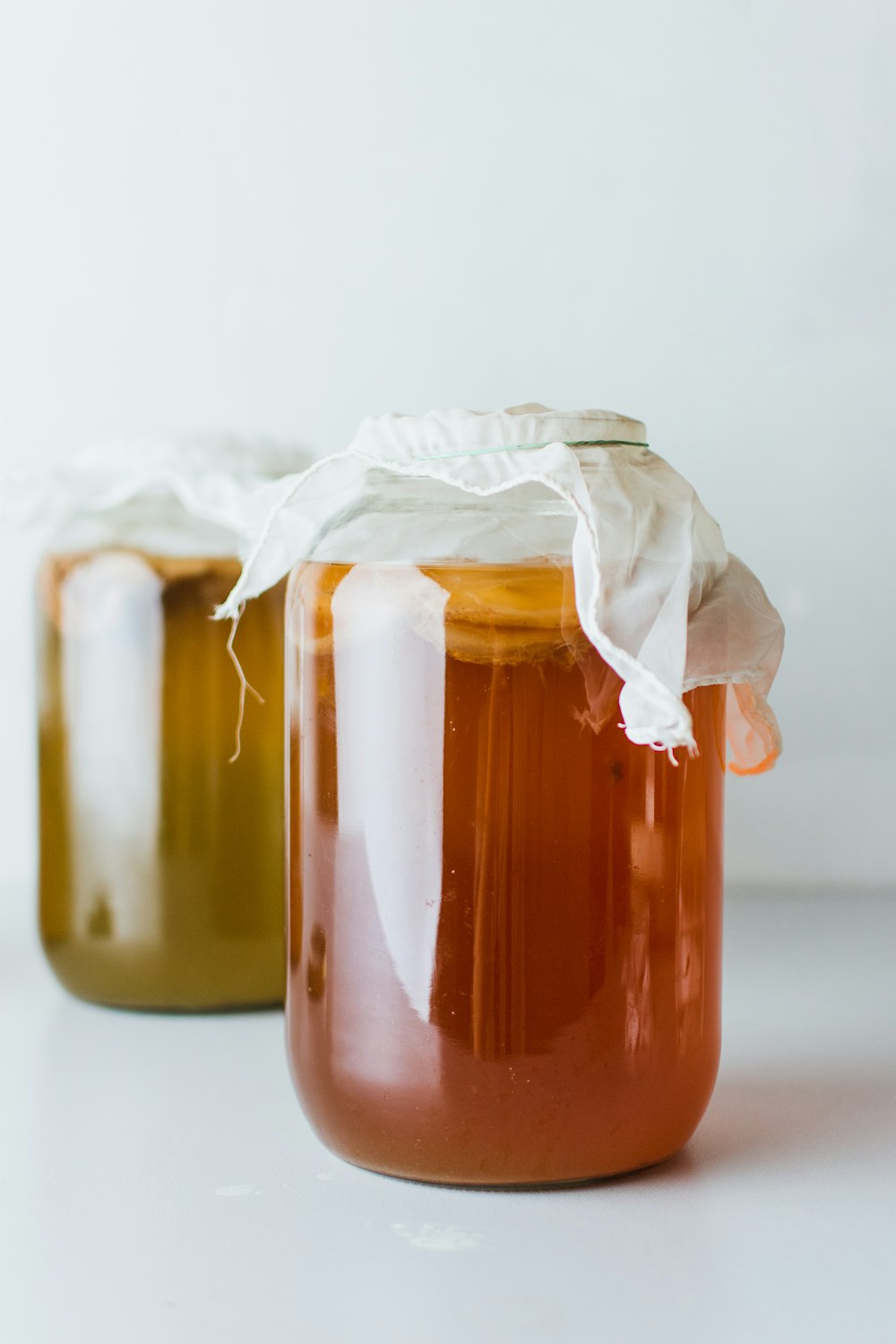You Are What You Eat: 5 Foods That Are Good For Your Mental Health
I know everyone here has heard this saying at least once before “you are what you eat” and it’s true. No, you are not physically a bacneggandcheese and an Arizona, but you are going to be a little more sluggish and unwell because of all the unhealthy fats and grease in your system. Studies show that diets that are high in saturated fats and refined sugars have been shown to have a “very potent negative impact on brain proteins“. Healthy foods will have more positive effects on the body, you will be more energized and feel healthy, but what about the effects it has on the mind?
FISH

Does anyone else have a memory of their mom making them eat fish the night before a test because fish was brain food? Turns out she wasn’t wrong. If we’re going to be specific, the kind of fish you need is the fatty kind that is rich in Omega-3 fatty acids, also known as DHA. Omega-3 is amazing for short and long term memory, hence it’s named as one of the most known brain foods, but it also does wonders for your mood. Harvard Health has linked it with alleviating psychiatric conditions such as Schizophrenia, Attention Deficit Disorder, and Obsessive Compulsive Disorder. If this wasn’t enough, studies show depression is less common in nations that rely on fish as a part of their diet.
Spinach
If you’re no Popeye and you’re not a fan of spinach, find somewhere else to get your iron because that’s what spinach is high in. Iron is not only good for fighting anemia, but a deficiency of this little guy can play a role in depression. Surprisingly enough, iron deficiency is one of the most common nutritional issues affecting the world. It has also been seen that Iron deficiencies are much higher in people with mental health issues. I cannot tell you the exact link between the two, but maybe just take your iron to be safe. Your leafy greens are also great to slow down cognitive decline, but let’s take it one issue at a time.
Vitamin D:

When you say Vitamin D, the first thing that comes to mind is dairy, which is exactly why I didn’t list food. Vitamin D places a super important role in SAD (Seasonal Affective Disorder) for the obvious reason as lack of sun (Vitamin D). Vitamin D is also relevant to calcium, muscle health, and your immune system. Most of your foods (including dairy) do not naturally have Vitamin D in them. The best way to receive Vitamin D is being out in the sun and then taking supplements in the colder months when there is less sun out. Now, since we cannot go outside and soak up all the necessary vitamin D, the list of foods that contain them is up to your interpretation.
Dark Chocolate

Yessss Chocolate! Be sure to remember that I said DARK chocolate ( I’m looking at you white chocolate lovers, it’s just sugar). How is dark chocolate good for the brain? Well, it contains really high levels of Zinc which can also be found in certain seafood, nuts, and beans, but why not just stick to the fun option? Zinc is an all-around great mineral because it helps with your immune system and rebuilding tissue. Zinc deficiencies have also been linked to depressive traits because your body doesn’t naturally store zinc. So this is something that you should incorporate into your day to day diet. I am NOT saying to eat chocolate every day, dark chocolate is a high-calorie food, but it is a great cheat day source of zinc.
Kombucha

I know you guys are reading this like “really Bri, Kombucha?” but umm Kombucha is bomb af, and if that’s totally not it for you, just get fermented foods. Fermented foods not only increase your gut health (which is really important), but it also increases your serotonin levels. If you don’t know too much about serotonin, it’s another one of those “Happy Hormones”, but this one helps with sleep, mood, and even bone health. Outside of bone health, Seratonin also is responsible for reducing depression and regulating anxiety. Keep in mind that too much of a good thing can be a bad thing, remember this with Seratonin. You can find out more about it here.
Obviously, some other super important things that contribute to your mental health would be exercising, self-care, and drinking ample amounts of water but right now, let’s stick to the foods. I am not here to tell you what diet to follow, or how to eat, have your cake and eat it too. Just make sure to include these foods to your day to day for your mental health.

